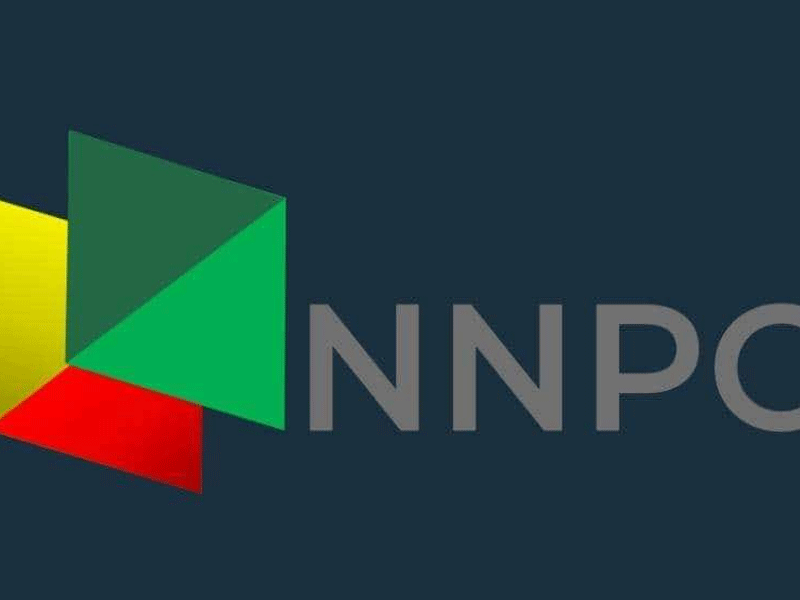The Nigerian National Petroleum Company Limited (NNPC) is set to deliver an additional four crude cargoes from its February program to the Dangote refinery, as reported by Reuters yesterday.
The $20 billion Dangote refinery, Africa’s largest, is on the verge of commencing operations after overcoming years of construction delays, according to three sources familiar with the matter.
Sources indicate that the refinery may initiate test runs as early as this week, having already received six initial crude cargoes.
Nigeria, an OPEC member, currently heavily relies on fuel imports, but the Dangote refinery aims to make the country self-sufficient and even enable fuel exports to West African neighbors, potentially reshaping oil trading in the Atlantic Basin.
Dangote refinery received 1 million barrels of Nigeria’s Agbami crude on Monday, bringing the total volumes received since December to 6 million barrels.
NNPC supplied the 650,000 barrel per day (bpd) plant with four of these cargoes, according to two sources. NNPC’s spokesperson declined to comment on the matter.
Edwin Devakumar, Dangote’s Group Executive Director for Strategy, Portfolio Development, and Capital Projects, stated that the company did not request cargoes from NNPC for January.
He emphasized the refinery’s cautious approach to avoid building up inventory and costs prematurely. Devakumar outlined the plan to run the refinery for eight to ten days before resuming the procurement of additional cargoes.
The refinery is eyeing crude supplies from other countries, exploring options beyond NNPC, though details remain undisclosed. Sources reveal that the refinery has nominated four NNPC cargoes for February.
However, NNPC is inclined to wait for the completion of the plant’s test runs before dispatching more oil.
Dangote refinery, designed to process various crude grades, aims for an initial processing capacity of 350,000 bpd, with aspirations to reach full capacity by year-end.
The facility is geared to meet 100% of Nigeria’s refined product needs and has surplus quantities for export, covering petrol, diesel, kerosene, and aviation jet.
The refinery, equipped with advanced facilities, is positioned to adhere to global standards such as Euro V specifications, US EPA, European emission norms, Nigeria’s emission/effluent norms, and ARDA standards.
Once the 6 million barrels are fully delivered, the refinery plans to commence production of diesel, aviation fuel, LPG, and subsequently, Premium Motor Spirit (PMS) or petrol.



